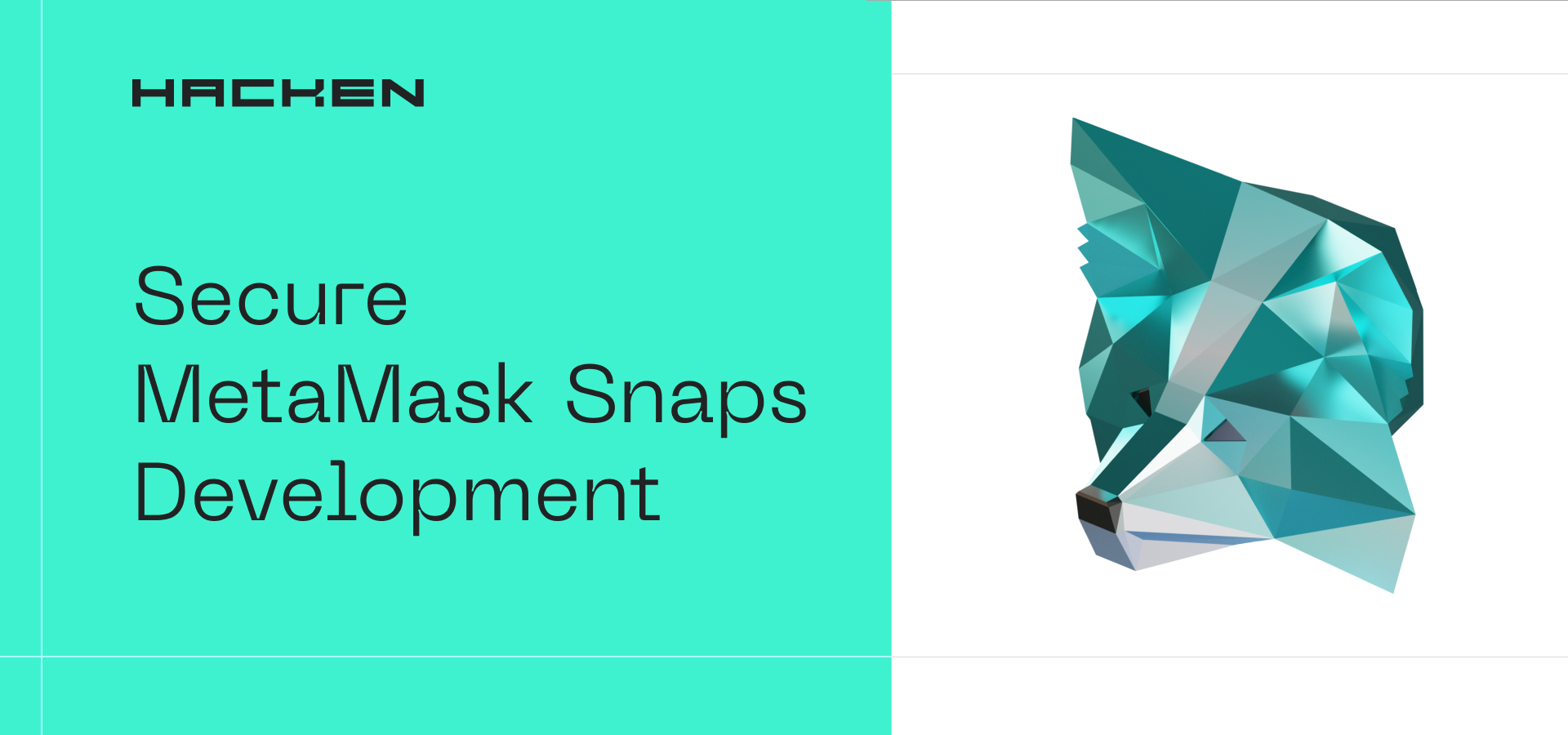The window to exchange $HAI for Hacken Equity Shares ($HES) is now open > Claim your spot today
Why should your project undergo a smart contract audit?
By Hacken
In H1 2022, there have been 77 security incidents affecting crypto projects attributable to code exploits, access control issues, and flash loan attacks. As a result of these incidents, projects have lost $1.7B. The average amount of damage experienced by a project due to a hack is $26M. At the same time, the average price of a smart contract audit performed by a reputable vendor is around $50K. Thus, undergoing a smart contract audit is >500X cheaper for a project than suffering from a hack.
What is the real value of a smart contract audit for a project? Let’s analyze.
What is a smart contract audit?
A smart contract audit is the automatic and manual examination of the smart contract code performed by professional security engineers. It is a basic form of security testing for the project handling blockchain transactions involving a large number of parties. There are generally 6 phases of a smart contract audit:
- Preparation
- Code review and analysis
- Testing
- Reporting
- Bug fixing
- Remediation check
A client is involved in the preparation and bug fixing phases. The auditor is in permanent contact with the client during the whole audit process.
Why does a project need a third-party smart contract audit?
Although internal specialists of a project perform their own security analysis of the code they have written, they cannot act fully independently. Also, due to the narrow specialization of the projects they work on, they can leave unnoticed some vulnerabilities that do not affect common users at all, but when noticed and exploited by hackers, may cause the project disruption.
A smart contract audit performed by a third party allows projects to reduce the time-to-market. While external vendors audit the code, internal specialists can focus their attention on launch preparation or further product development. Professional cybersecurity vendors structure their work to deliver high-quality services within the agreed timeline.
When speaking about the community trust, a third-party audit performed by a recognized cybersecurity vendor is a more reliable confirmation of the project’s security than attractive statements such as “top-notch security” or “meeting the highest security standards” that are based solely on internal security analysis.
The value of a smart contract audit: security and functionality
As a result of both automatic and manual reviews of code, security specialists compile a list of vulnerabilities indicating their severity level. The biggest attention is paid to critical and high severity issues since their possible exploitation by bad actors may result in money or data theft.
Auditors also specify the measures that need to be taken by a project to eliminate all detected vulnerabilities. After a client introduces all fixes, auditors perform a remediation check to make sure that there are no bugs left in the code.
It would be a mistake to state that auditors focus solely on the security aspect. With deep expertise in Web 3.0, auditors also advise a project on how to make the code more functional and convenient for users. Although functionality bugs do not affect security, their elimination will strengthen the project’s competitiveness in the market. Thus, a smart contract audit is a comprehensive code assessment as a result of which a project can improve all code dimensions.
Audit price and timeline
Audit price and timeline are always specified before the start of testing. They depend on the audit complexity and scope. For urgent audits, a client has to pay extra. Reputable auditors try to guarantee no delays.
Community awareness
After the end of an audit, if you wish, you can integrate the audit report and label of the security vendor into your website. The audits performed by Hacken are integrated into the Cer.live security ranking platform and impact the overall score given to a project. As a result, the higher your ranking on CER.live, the better the community attitude to your token. CER.live is the official partner and provider of data to CoinGecko. Also, your audit report will be attached to your project’s page on CoinMarketCap. Thus, Hacken smart contract audit is a chance for your project to communicate to the whole Web 3.0 community its strong focus on security.
Does a smart contract audit guarantee full resistance to cyberattacks?
There is no security testing that can guarantee the ultimate resistance of your project to cyberattacks. Hackers often utilize uncommon and advanced malicious techniques to compromise their targets. That is why we recommend our clients to work with more than one security vendor since each auditor utilizes a unique approach to security testing. Also, the projects should consider applying for penetration testing and bug bounty programs.
Would my project get compensation from a security vendor if it was hacked due to an undiscovered vulnerability?
Generally, no. But vendors are interested in detecting all bugs possible since any hack cases involving their clients heavily affect vendors’ reputation in the market. Projects should consider insurance as the instrument to get at least partial compensation for the damage experienced as a result of a hack.
Overall, the projects with a focus on long-term growth and development should consider a smart contract audit as an essential form of security testing. There is never enough security. So, a smart contract audit is just a first step for project owners towards making their product fully secure for the end users.


Subscribe to our newsletter
Enter your email address to subscribe to Hacken Reseach and receive notifications of new posts by email.


